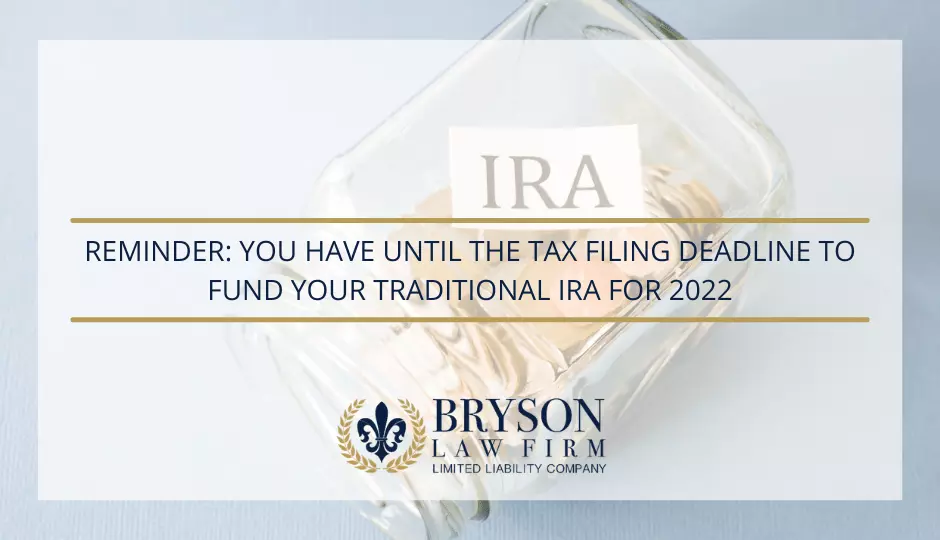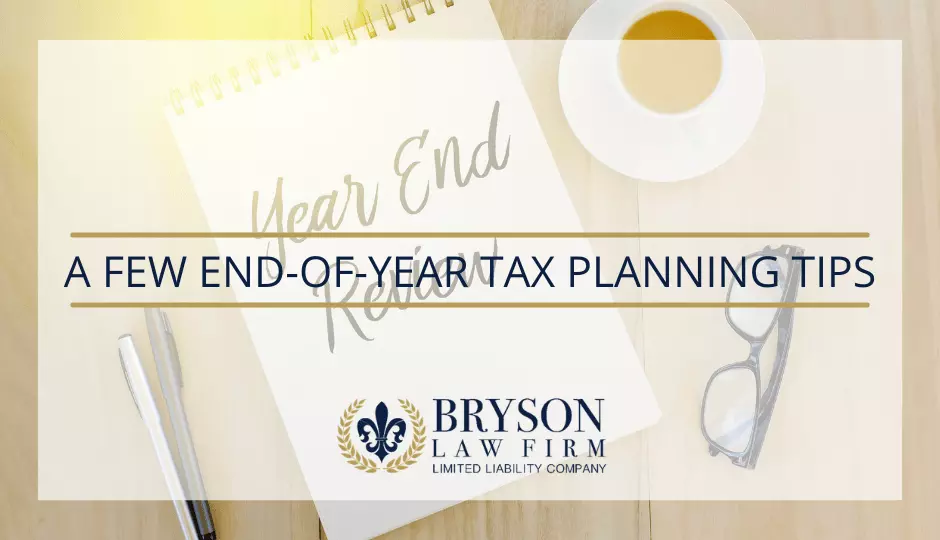 Considering bankruptcy as an option to resolve your outstanding tax liabilities? For many taxpayers hoping for a fresh start through bankruptcy, recent court rulings have created uncertainty as to exactly which tax debts are eligible for discharge. The U.S. Bankruptcy Code Section 523 sets forth the exceptions to the bankruptcy discharge, including an exception for a tax debt for which the taxpayer has not filed returns, and an exception for a tax debt for which the taxpayer had filed the return after the due date and within two years of filing the bankruptcy case. Prior to 2005, these exceptions seemed clear enough that tax practitioners and bankruptcy attorneys could confidently advise their clients as to which tax debts were dischargeable.
Considering bankruptcy as an option to resolve your outstanding tax liabilities? For many taxpayers hoping for a fresh start through bankruptcy, recent court rulings have created uncertainty as to exactly which tax debts are eligible for discharge. The U.S. Bankruptcy Code Section 523 sets forth the exceptions to the bankruptcy discharge, including an exception for a tax debt for which the taxpayer has not filed returns, and an exception for a tax debt for which the taxpayer had filed the return after the due date and within two years of filing the bankruptcy case. Prior to 2005, these exceptions seemed clear enough that tax practitioners and bankruptcy attorneys could confidently advise their clients as to which tax debts were dischargeable.
This certainty changed in 2005, when Congress passed the Bankruptcy Abuse Prevention and Consumer Protection Act (BAPCPA), in which they amended Section 523 by adding a paragraph that is now known as the "Hanging Paragraph." This paragraph attempted to define the term "return," and in doing so, Congress included the phrase "applicable filing requirements."
While these three words seem innocent enough, at least three appellate courts (1st, 5th, 10th) have since interpreted this paragraph to impose a rule requiring the taxpayer to have met the filing due date. As a result, any taxpayer who files even one day late will be denied a discharge for the taxes due on the return. This is especially problematic for taxpayers' who plan on filing returns to correct the substitute returns prepared by the IRS.
This new interpretation goes against the previous rulings of the courts, and even the IRS acknowledges that an untimely filed return does not bar a bankruptcy proceeding. In addition, the National Taxpayer Advocate has recommended that Congress amend the "Hanging Paragraph" to allow for the previous exceptions, noting that the current confusion may undermine the taxpayers' right to a fair and just tax system and right to finality.
Clarity could be coming soon. The taxpayers in the 10th circuit case have petitioned the U.S. Supreme Court to rule on the differing interpretation between the circuit courts. Hopefully the Court will rule on the side of the taxpayers and allow the bankruptcy discharges to continue. However, until the Supreme Court rules, or Congress changes the wording of the bankruptcy section, taxpayers and tax practitioners will continue to face uncertainty with regard to bankruptcy.






















